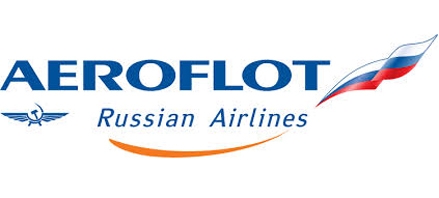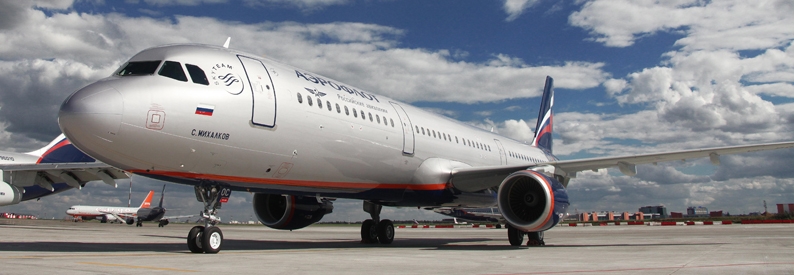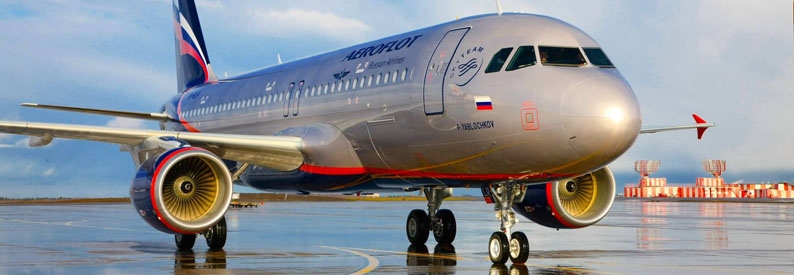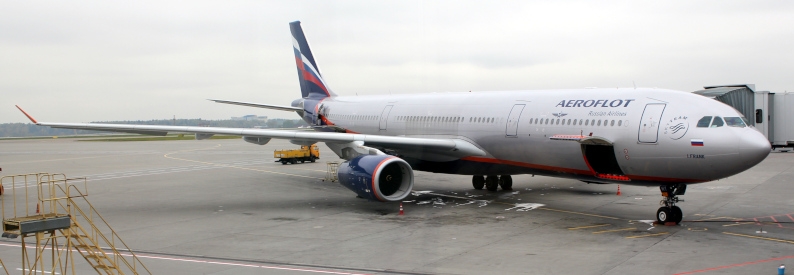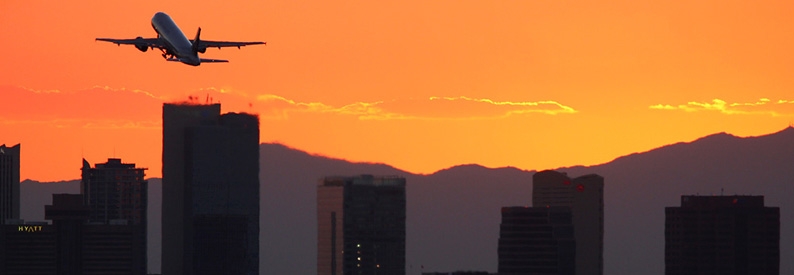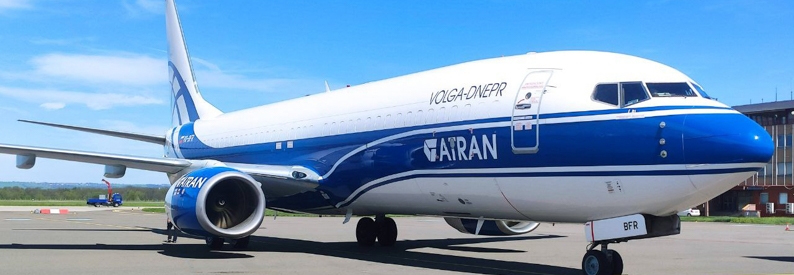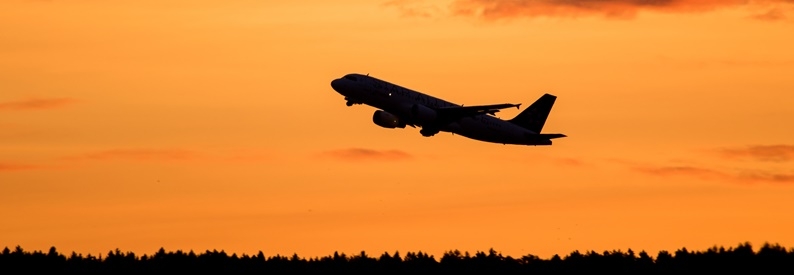Following on from its counterpart in Bermuda, the Irish Aviation Authority says it has now also revoked certificates of airworthiness for all Russian-operated planes registered in Ireland. The Bermuda and Irish registers accounted for around 750 of all Russian-operated aircraft pre-invasion.
This move affects a total of 34 aircraft spread across three carriers, the ch-aviation Commercial Aviation Aircraft Ownership Data module shows, namely:
Alrosa Aviakompania (6R, Mirnyj):
iFly Airlines (F7, Moscow Vnukovo):
Rossiya (FV, St. Petersburg):
- nine B747-400s and five B777-300s and five B777-300ERs.
In terms of affected lessors that manage assets in Russia:
- AerCap oversees four B777-300(ER)s with Rossiya (but sub-leased to Aeroflot (SU, Moscow Sheremetyevo)) and two B737-800s with Alrosa;
- Air Lease Corporation oversees an A330-200 and three A330-300s with iFly;
- Carlyle Aviation Partners oversees two B737-700s with Alrosa;
- DAE Capital oversees four A330-200s with iFly;
- Merx Aviation Finance oversees two B737-800s with Alrosa;
- SberLeasing oversees four B747-400s with Rossiya;
- VEB-Leasing oversees five B747-400s and five B777-300s with Rossiya.
Given the impending damage the mass grounding of flights would have on the Russian economy, President Vladimir Putin recently signed a decree allowing Russian operators to shift their leased assets to the Russian register and reacquire Russian COAs for affected aircraft. To expedite the process, one of the measures proposed was for the Ministry of Transport to reduce the re-registration and aircraft inspection period to just 10 days.
As its entire fleet is leased from countries deemed unfriendly to Russia, Ural Airlines (U6, Ekaterinburg) has already started the process of moving its aircraft to the local register, the Ural Transport Prosecutor's Office told TASS.
As both VEB and SberLeasing are Russian-backed, the impact on them as well as on Rossiya is expected to be minimal.
Meanwhile, in line with Tokyo's decision to join western sanctions on Russia, Japanese lessor SMBC Aviation Capital has said it is terminating leases on all 36 aircraft it has placed with Russian carriers effective immediately.
With Aeroflot, SMBC has six A320-200s, three A320-200Ns, two A321-200NXs, and three A350-900s while at Rossiya it has two A320-200s and at Pobeda (DP, Moscow Sheremetyevo) it has two B737-800s. With S7 Airlines (S7, Novosibirsk) it has two A320-200s, one A321-200, and eight A320-200Ns, with NordStar (Y7, Norilsk) it has one B737-800, with Nordwind Airlines (N4, Moscow Sheremetyevo) it has two B737-800s, and with Ural Airlines it has four A321-200NX.
Following its invasion of Ukraine, the United States, the European Union, South Korea, Japan, Australia, and several other states have imposed severe sanctions on Russia in an effort to economically handicap the state and therefore erode its war machine.
- Type
- Base
- Aircraft
- Destinations
- Routes
- Daily Flights
